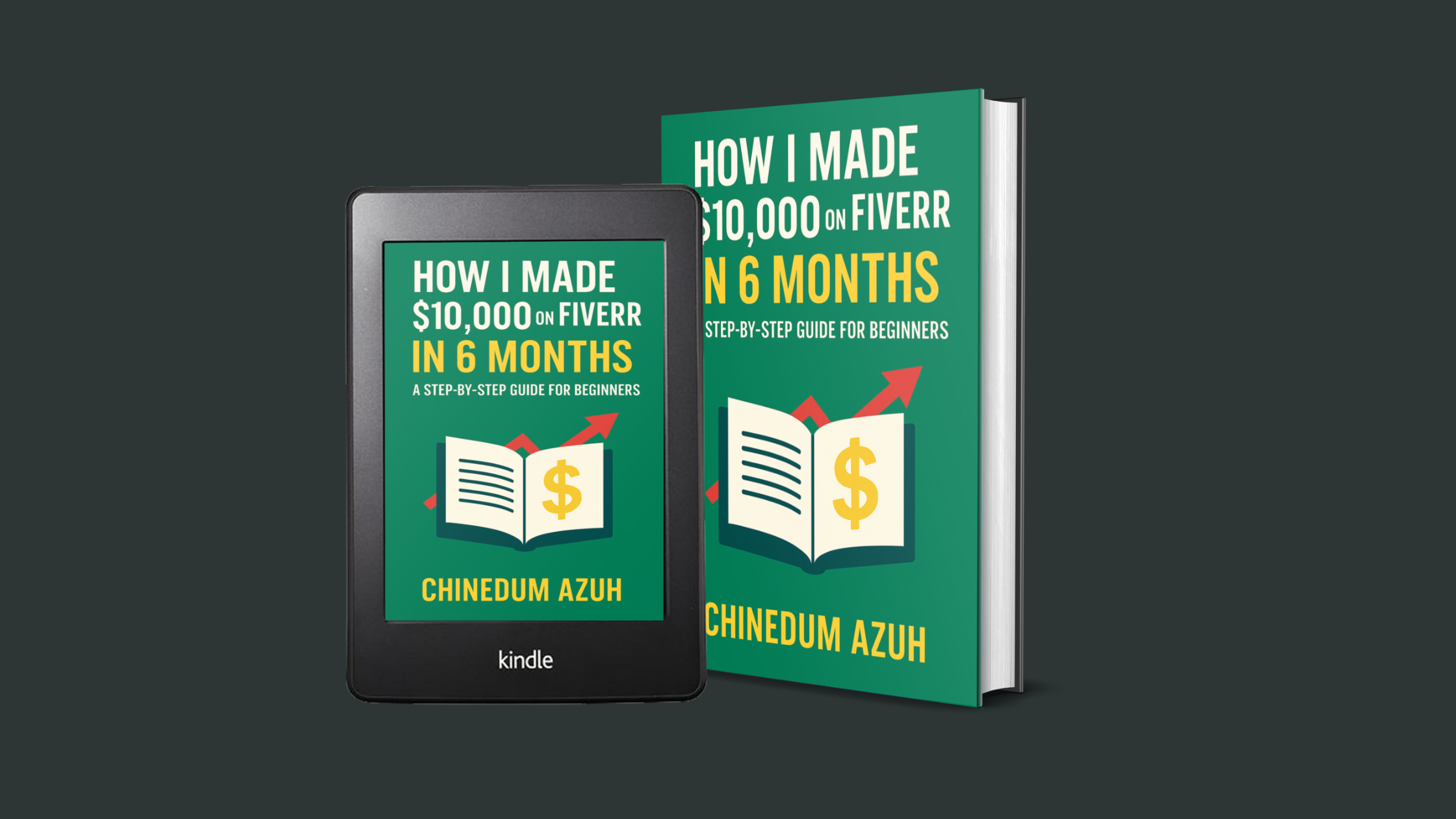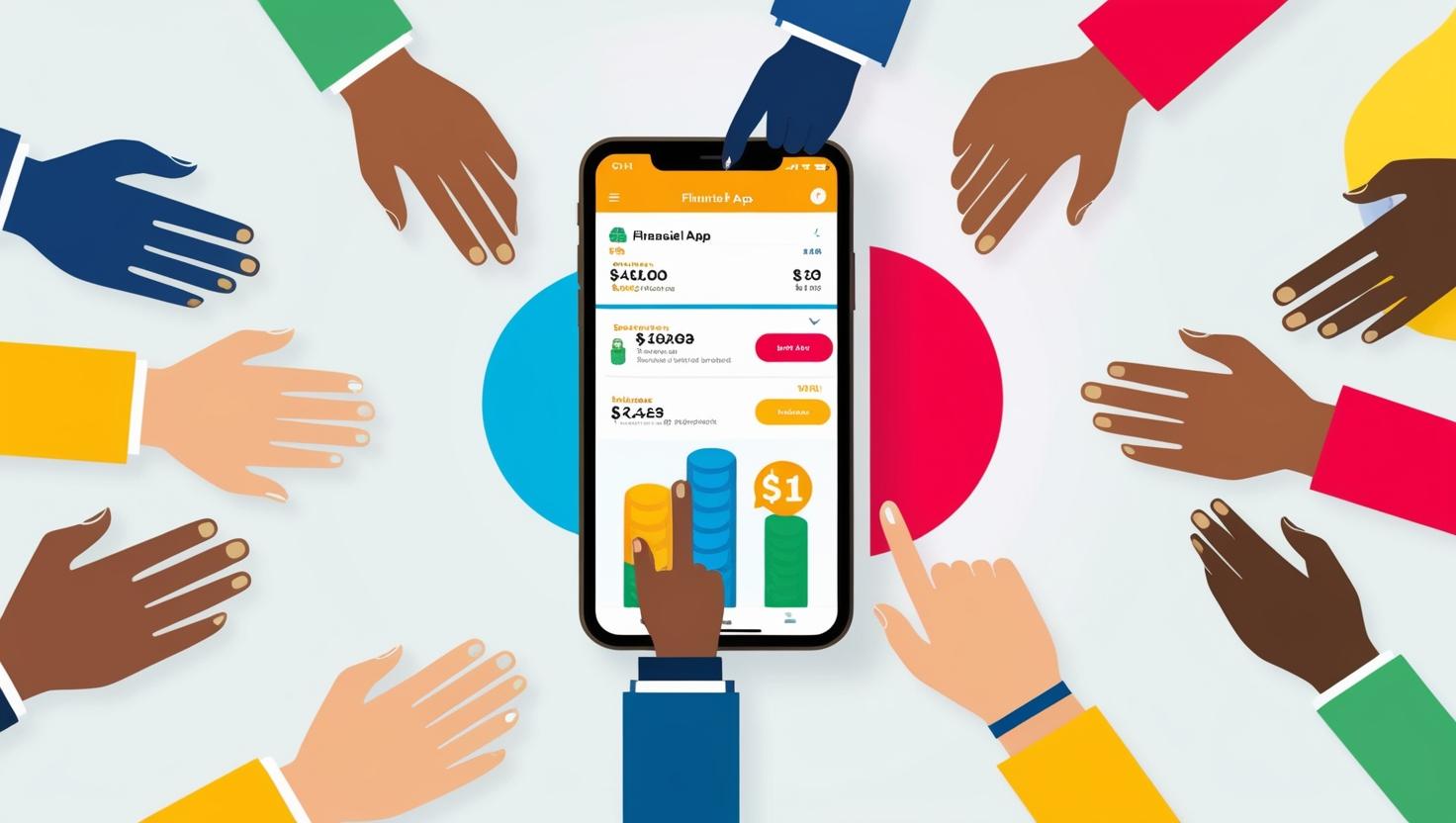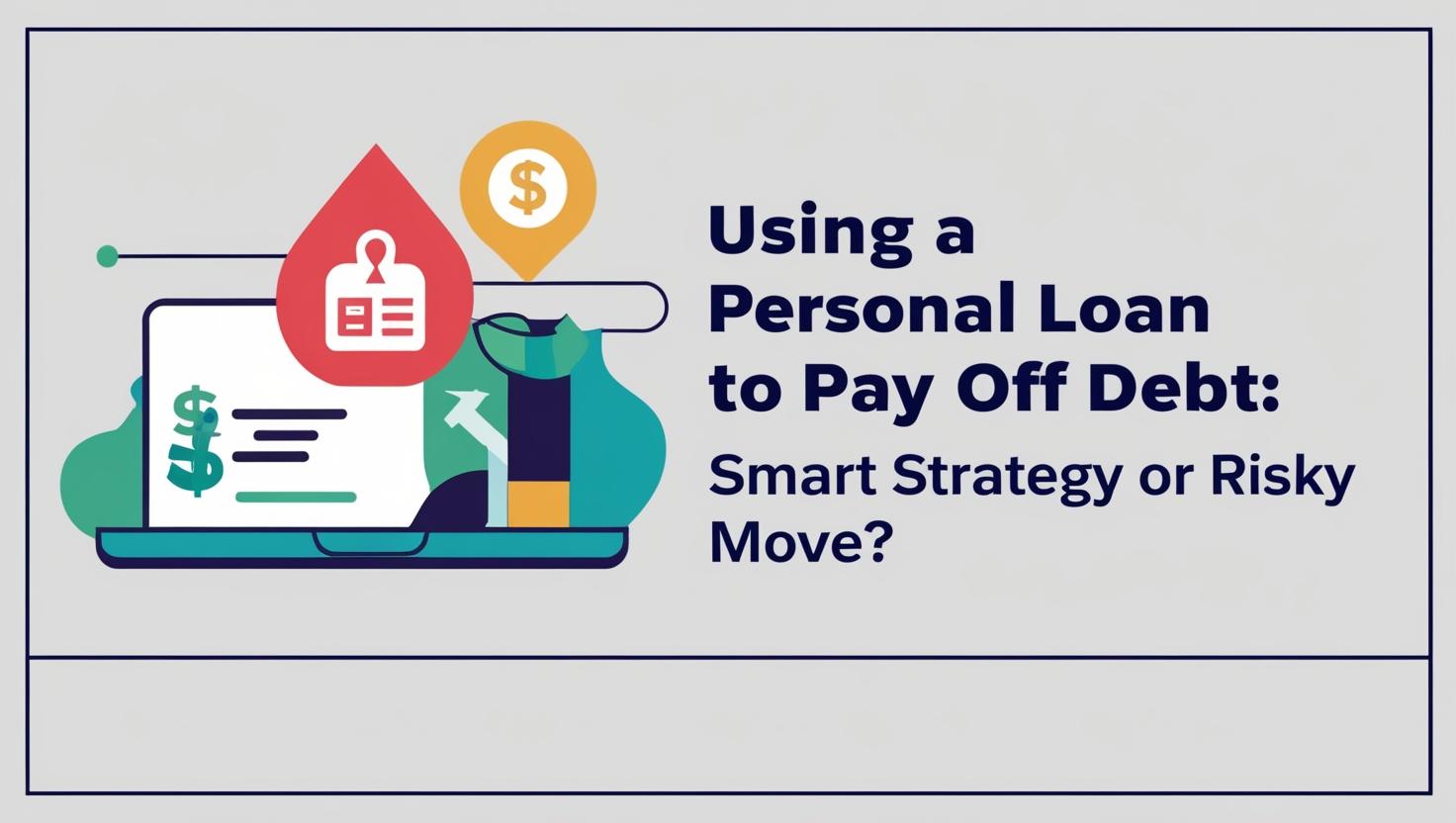Financial freedom simply means waking up every morning without the anxiety of bills, debt collectors, or living paycheck to paycheck. That’s the dream, right? It isn’t a myth—it’s a goal you can reach with the right actions.
In this guide, I’ll walk you through what financial freedom really means, how to take control of your money, and how to make smart moves that set you up for life.
Let’s get into it.
What is Financial Freedom—Really?
Financial freedom means having enough income from your savings, investments, or passive income sources to cover your lifestyle without relying on a 9–5 job.
It’s not about being ultra-rich.
It’s about control. Control over your time, decisions, and future.
1. Get Clear on Your Financial Goals
You can’t hit a target you don’t set.
Break your goals down like this:
- Short-term: Build an emergency fund (3–6 months of expenses).
- Mid-term: Save for a car, a house, or that course you’ve always wanted to take.
- Long-term: Retire comfortably, travel, start a business, or support a cause you care about.
Be specific. Instead of “I want to save money,” say “I’ll save $10,000 in 12 months by setting aside $850 per month.”
2. Budget Like a Boss
A budget is your financial GPS. Without it, you’re just winging it.
One of the simplest methods is the 50/30/20 Rule:
- 50% to needs (rent, food, transportation)
- 30% to wants (dining out, streaming, hobbies)
- 20% to savings and debt repayment
If that feels tight, adjust the ratios based on your situation. Just make sure you’re saving something.
Tool Tip: Use free apps like Mint or YNAB to track every dollar. Awareness alone will change your habits.
Image placement suggestion here:
A graphic showing the 50/30/20 rule visually.
3. Tackle Debt Like It Owes You Money
Debt can feel like a chain around your neck. The key is to face it, not fear it.
Start with high-interest debt (credit cards, payday loans). Use the avalanche method: Pay off the debt with the highest interest rate first while making minimum payments on the others.
Or try the snowball method: Pay off the smallest debts first to build momentum.
Pick the method that keeps you going. Just don’t stay in denial.
4. Start Investing—Today
You don’t need a finance degree or a trust fund to start investing. You just need to start.
- Open a Roth IRA or 401(k) and take advantage of compound interest.
- Use apps like Robinhood, Fidelity, or Wealthfront to automate your investments.
- Learn the basics of index funds and ETFs—they’re low cost and great for beginners.
Even if it’s just $50 a month, the habit matters more than the amount.
5. Build Multiple Income Streams
One paycheck is risky. If that stream dries up, you’re in trouble.
Here are some ways to diversify:
- Side hustles: Freelance writing, tutoring, selling on Etsy or Amazon.
- Digital products: Ebooks, courses, printables.
- Passive income: Rental properties, dividend stocks, affiliate marketing.
Even an extra $200/month can change the game. Use that money to pay off debt or invest more aggressively.
6. Know the Difference Between Needs and Wants
This sounds obvious, but it trips people up all the time.
Do you need that new iPhone—or do you just want it?
Cutting back doesn’t mean you live miserably. It just means you’re choosing long-term gains over short-term dopamine.
Train yourself to wait 48 hours before making non-essential purchases. You’ll be shocked how many things suddenly feel unnecessary.
Image placement suggestion here:
A side-by-side comparison of “Needs vs Wants” to visually guide readers.
7. Keep Learning (Your Wallet Will Thank You)
The world of personal finance is always evolving.
Read books like:
- Rich Dad Poor Dad by Robert Kiyosaki
- The Psychology of Money by Morgan Housel
- Your Money or Your Life by Vicki Robin
Or subscribe to blogs like MoneyFusioner.com, where financial freedom is made easy to understand.
8. Review & Adjust Monthly
Your financial situation will change—so should your plan.
Every month, ask yourself:
- Did I stay within budget?
- Where did I overspend?
- Did I move closer to my goals?
Celebrate small wins. Maybe you saved $200 more this month. Maybe you didn’t swipe your credit card at all. It counts.
Bonus: Learn to Say No
You don’t need to go to every dinner or contribute to every group gift.
You don’t need to match someone else’s lifestyle. They might be drowning in debt behind the scenes.
Your journey is yours.
Let’s Recap—Your 8-Step Financial Freedom Game Plan:
- Set clear goals
- Create a realistic budget
- Crush your debt
- Start investing
- Build more income streams
- Spend mindfully
- Stay educated
- Review and adjust regularly
Final Thoughts
Financial freedom doesn’t happen overnight—but it happens faster than you think when you’re intentional.
Start small. Stay consistent. Keep learning.
In 6 months, you’ll look back and be amazed at how far you’ve come.







20 responses to “Your Roadmap to Financial Freedom: Practical Steps That Actually Work”
Goal Setting: Establishing clear financial goals has provided me with a focused path toward financial freedom.
Budgeting Techniques: Implementing the 50/30/20 budgeting rule has helped me balance necessities, desires, and savings effectively.
Debt Management: Utilizing the avalanche method to tackle high-interest debts first has accelerated my journey to being debt-free.
Debt Management: Utilizing the avalanche method to tackle high-interest debts first has accelerated my journey to being debt-free.
Investment Initiation: Starting investments early, even with small amounts, has allowed me to benefit from compound interest over time.
Income Diversification: Exploring side hustles and passive income streams has enhanced my financial stability and growth.
Spending Awareness: Differentiating between needs and wants has led to more mindful spending habits.
Continuous Learning: Engaging with financial literature and blogs has expanded my understanding of personal finance strategies.
Regular Financial Reviews: Conducting monthly assessments of my financial plan ensures I stay aligned with my goals.
Emergency Fund: Building an emergency fund covering 3-6 months of expenses has provided a safety net during unforeseen circumstances.
Automated Savings: Setting up automatic transfers to my savings account has made consistent saving effortless.
Expense Tracking: Using budgeting apps has given me clear insights into my spending patterns.
Retirement Planning: Contributing to retirement accounts like a Roth IRA has set the foundation for a secure future.
Financial Discipline: Implementing a 48-hour rule before making non-essential purchases has reduced impulse spending.
Networking: Joining financial communities has provided support and shared knowledge on wealth-building strategies.
Mindset Shift: Viewing financial freedom as control over my time and choices has motivated me to pursue it diligently.
Frugality: Adopting a minimalist lifestyle has helped me focus on what truly adds value to my life.
Financial Education: Attending workshops and seminars has enhanced my financial literacy and decision-making skills
Charitable Giving: Allocating a portion of my income to causes I care about has brought fulfillment and purpose to my financial journey.
Patience and Persistence: Understanding that financial freedom is a gradual process has taught me the value of patience and consistent effort.